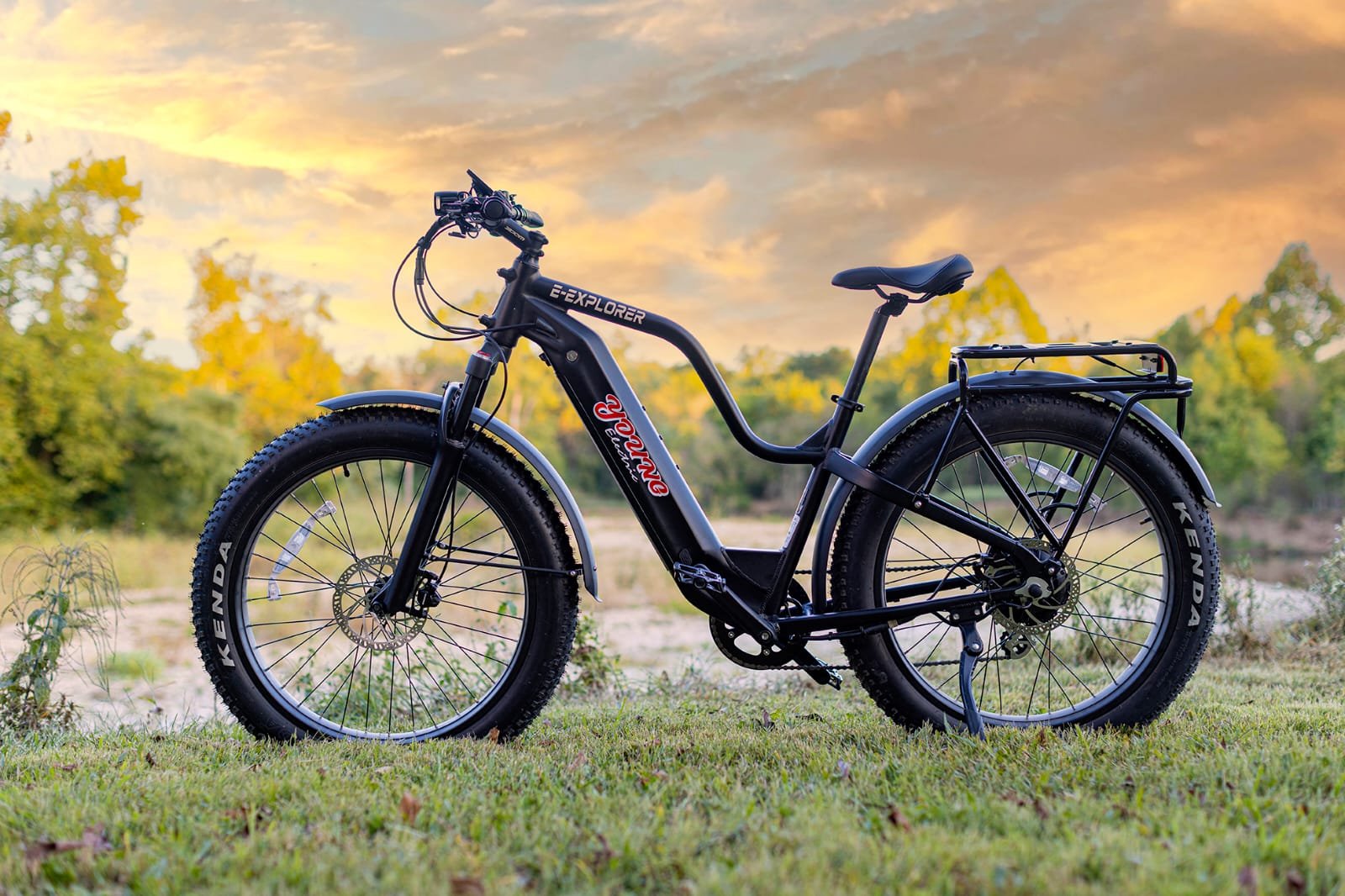In today’s fast-evolving world, technology plays a critical role in shaping how we travel. One groundbreaking advancement is the integration of big data analysis technology into long-range eBikes. This innovation enhances efficiency, sustainability, and overall user experience, making these advanced eBikes a popular choice for commuters and adventure enthusiasts alike.
Understanding Long Range eBikes with Big Data Analysis Technology
What Are Long Range eBikes?
Long-range eBikes are electric bicycles equipped with extended battery capacity, allowing riders to travel greater distances without frequent recharging. These eBikes are particularly suitable for urban commuters, long-distance travelers, and eco-conscious individuals.
The Role of Big Data Analysis Technology
Big data analysis technology uses complex algorithms to gather, process, and interpret vast amounts of data. When applied to long-range eBikes, this technology improves performance, efficiency, and user experience. Key data points include route optimization, battery performance, rider habits, and maintenance schedules.
Features of Long Range eBikes Enhanced by Big Data
Optimized Battery Performance
Big data analysis technology ensures long-range eBikes maximize battery usage. By analyzing terrain, weather, and rider habits, the system provides real-time feedback to optimize energy consumption.
Smart Navigation Systems
With big data integration, navigation systems on long-range eBikes become more accurate. Riders can access the most efficient routes, avoiding traffic or challenging terrains while conserving battery life.
Predictive Maintenance
One of the standout benefits of big data analysis technology is predictive maintenance. Sensors on the eBike collect data on components like brakes, tires, and batteries, notifying users when maintenance is required. This prevents breakdowns and prolongs the bike’s lifespan.
Benefits of Big Data Analysis Technology in Long Range eBikes
Enhanced Rider Experience
By collecting data on rider preferences and habits, eBikes can customize settings for comfort and efficiency. This personalization makes long-range eBikes an excellent choice for diverse user groups.
Increased Sustainability
Big data-driven insights help reduce energy waste, making long-range eBikes an environmentally friendly option. Users can track their carbon footprint and contribute to global sustainability goals.
Cost Efficiency
By optimizing performance and enabling timely maintenance, big data analysis technology reduces the overall cost of owning and operating a long-range eBike. Riders save on fuel, repairs, and replacement parts.
The Future of Long Range eBikes with Big Data Analysis Technology
Integration with IoT
The Internet of Things (IoT) will further enhance long-range eBikes by connecting them to other smart devices. This will provide riders with a seamless and integrated travel experience.
AI-Driven Improvements
Artificial intelligence will complement big data analysis technology, offering smarter decision-making systems. These AI enhancements could include adaptive power management, traffic prediction, and advanced safety features.
Broader Applications
From food delivery services to adventure tourism, long-range eBikes powered by big data analysis technology will expand their presence across industries, revolutionizing how businesses operate.
Challenges in Implementing Big Data Analysis Technology
Privacy Concerns
The collection of user data for big data analysis raises privacy issues. Manufacturers must ensure data security and transparency to gain user trust.
Initial Costs
The integration of advanced technology can increase the upfront cost of long-range eBikes. However, the long-term benefits often outweigh the initial investment.
Technical Expertise
Not all riders may be tech-savvy enough to utilize big data-driven features effectively. Manufacturers need to provide user-friendly interfaces and comprehensive tutorials.
Conclusion
Long-range eBikes equipped with big data analysis technology represent a monumental shift in transportation. They provide sustainable, efficient, and personalized travel options while addressing the challenges of modern commuting. As technology continues to evolve, these eBikes will become even more integral to our daily lives, bridging the gap between innovation and sustainability.
FAQs
How does big data analysis technology improve long-range eBikes?
Big data analysis technology enhances performance, optimizes routes, manages battery life, and offers predictive maintenance for better efficiency and user experience.
Are long-range eBikes with big data analysis technology eco-friendly?
Yes, these eBikes reduce energy consumption and provide data-driven insights to promote sustainable commuting practices.
What challenges come with using big data technology in eBikes?
The primary challenges include data privacy concerns, higher initial costs, and the need for user-friendly interfaces for non-tech-savvy riders.
Can I upgrade my current eBike with big data technology?
While some components like navigation systems can be upgraded, full integration requires specialized hardware and software support.
What industries benefit most from long-range eBikes with big data technology?
Industries like food delivery, logistics, and adventure tourism are among the top beneficiaries, as they rely on efficiency and cost savings.





